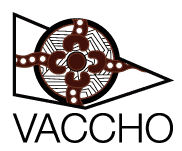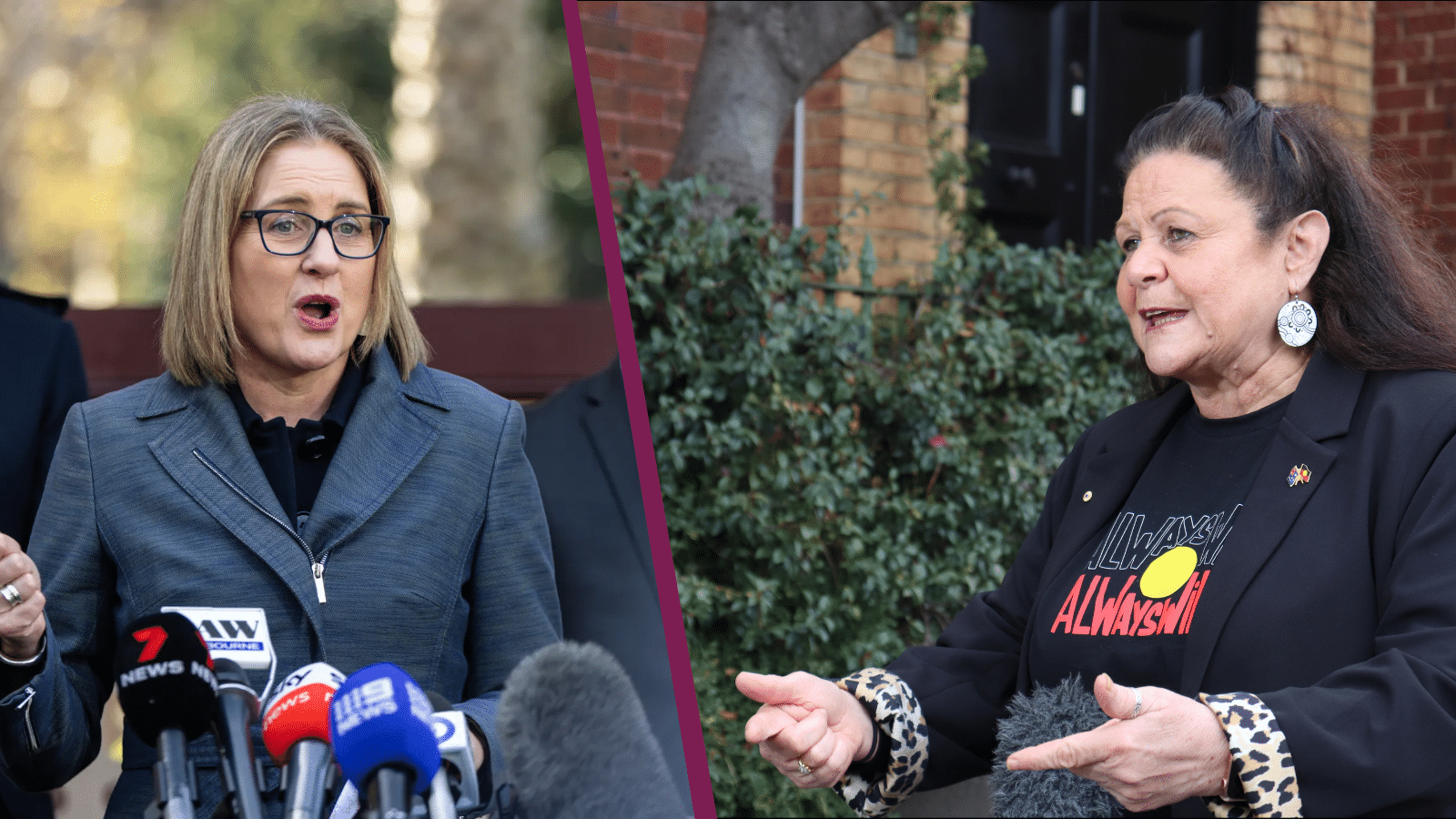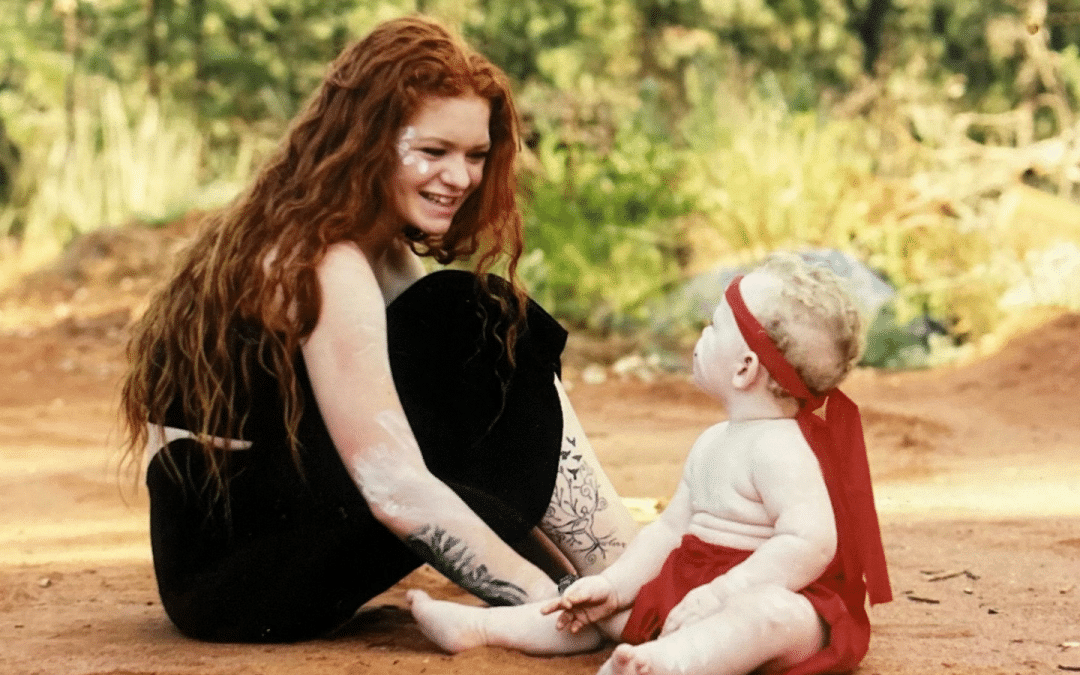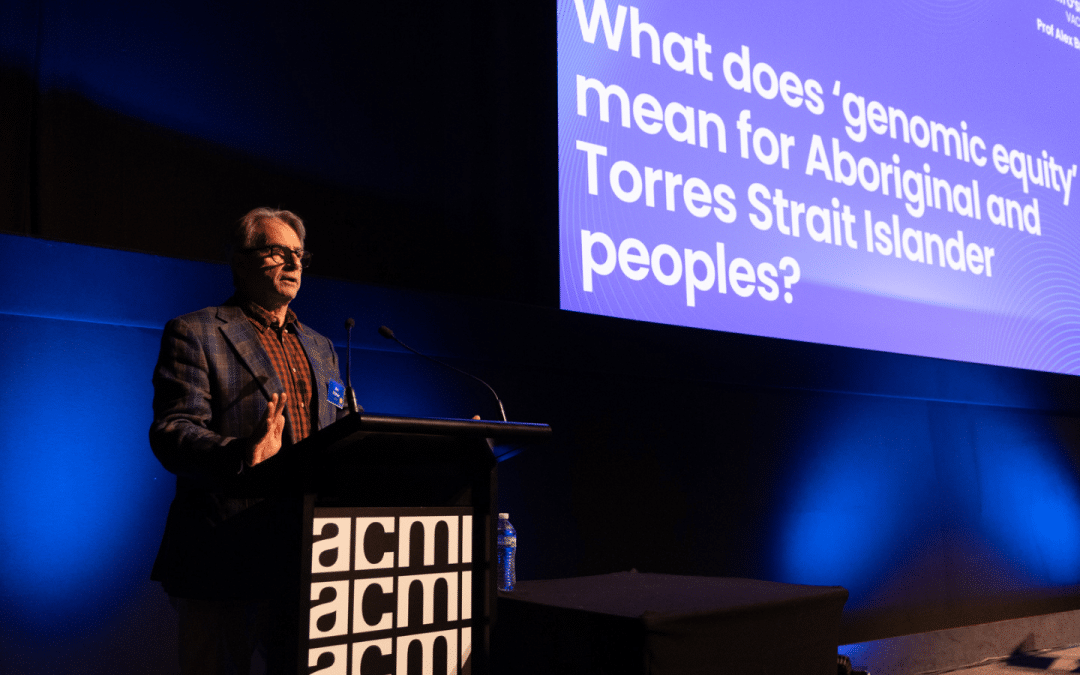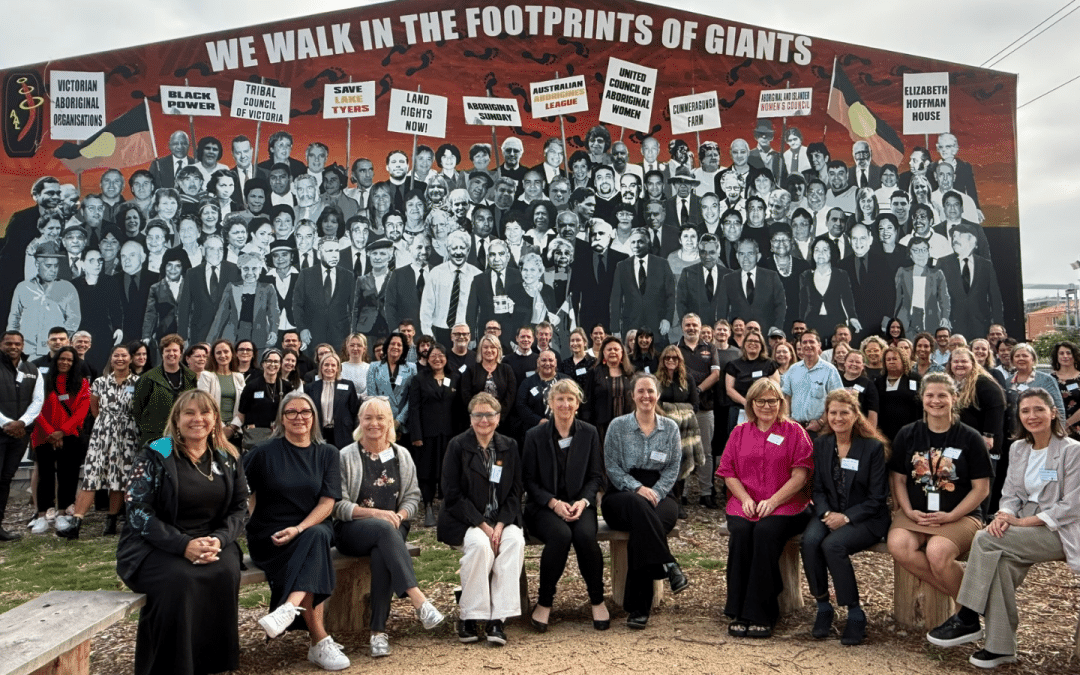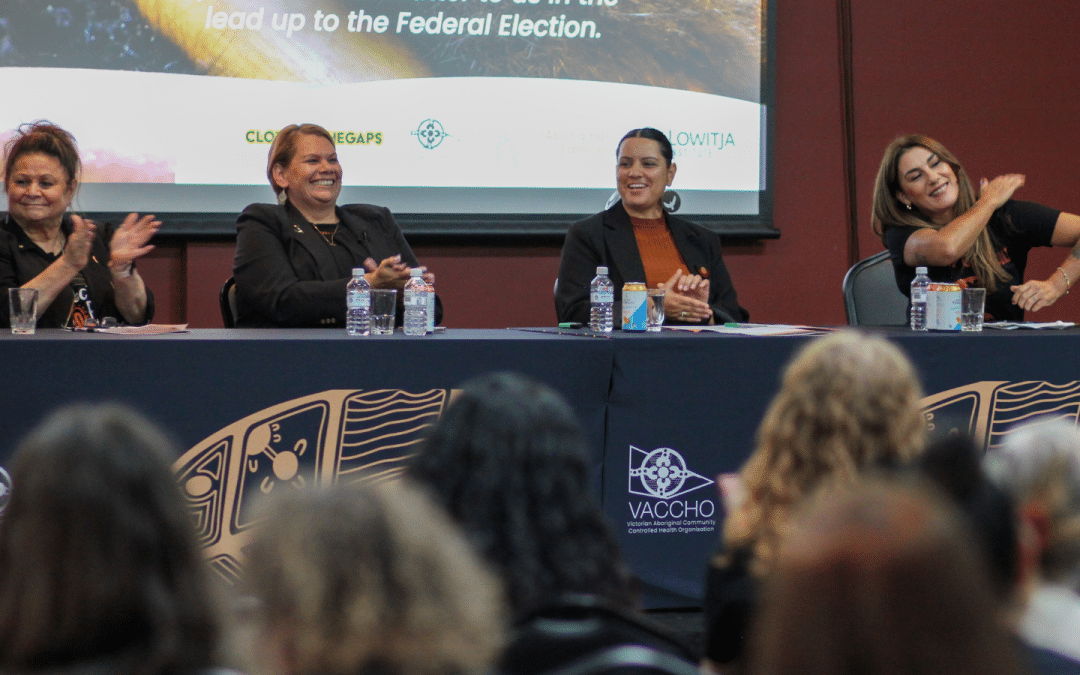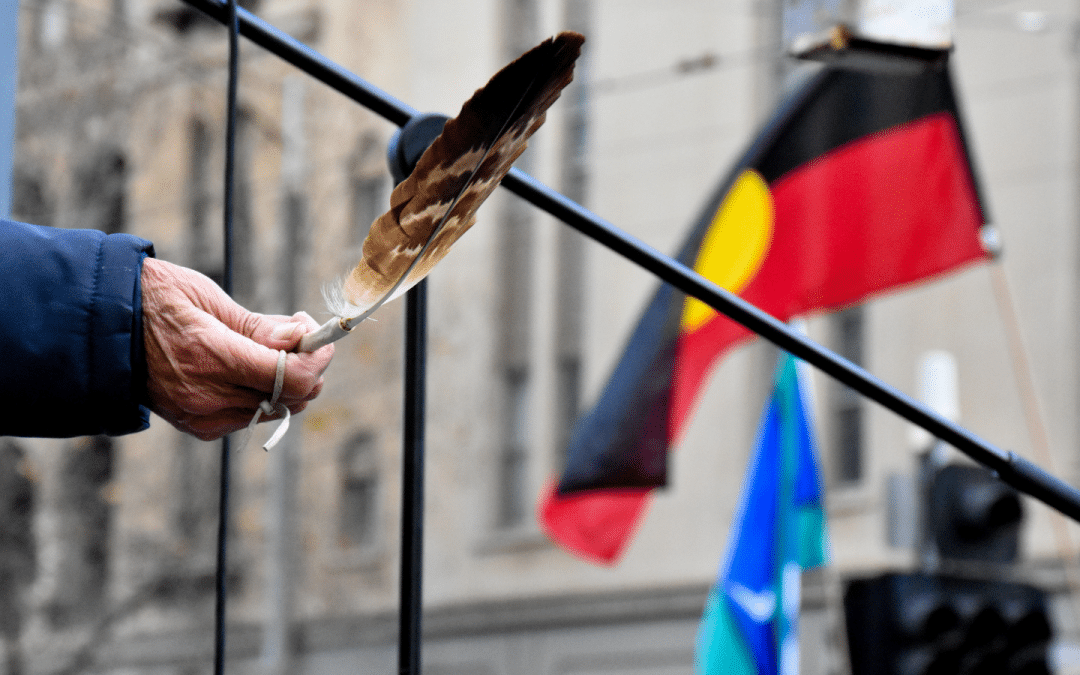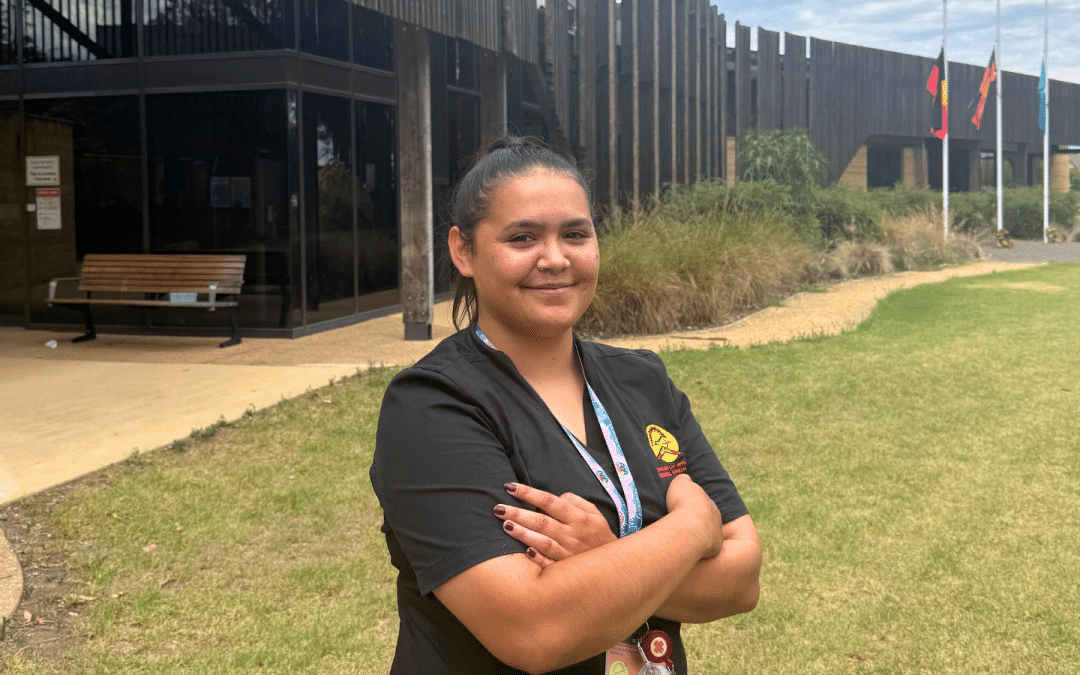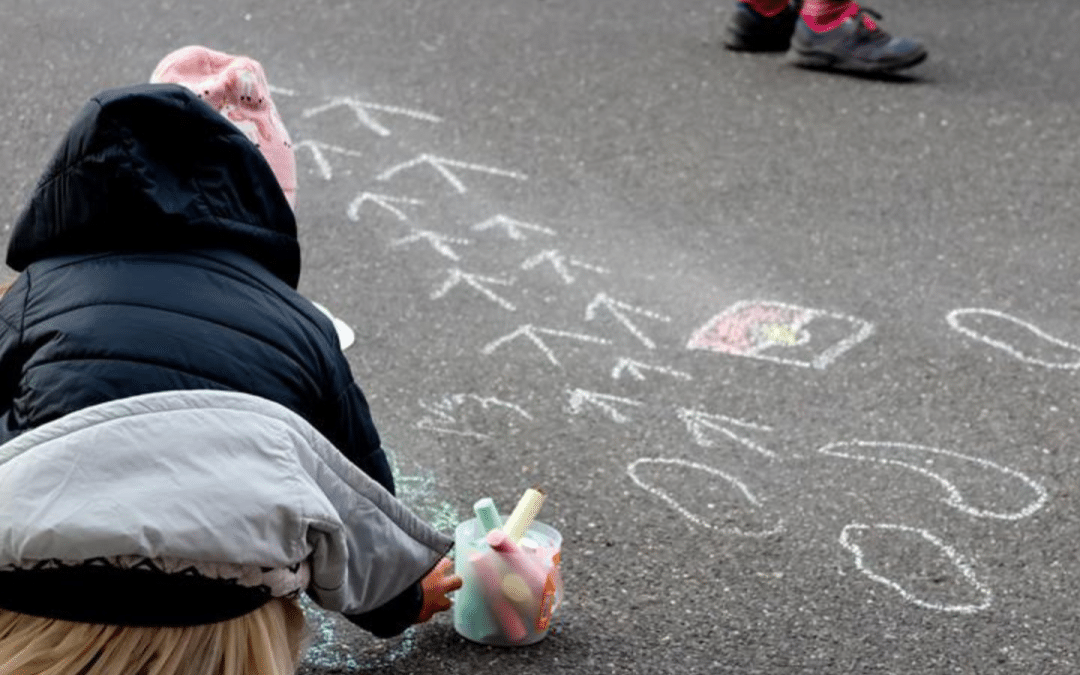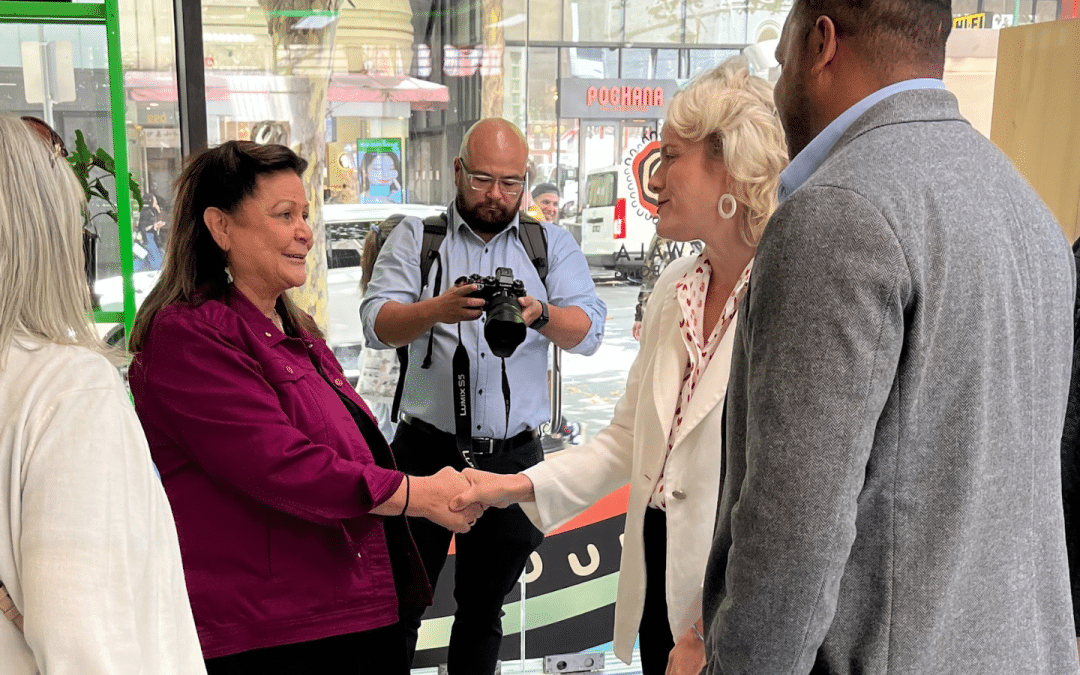VACCHO is deeply concerned to learn the Victorian Government is considering breaking their promise to raise the age of criminal responsibility from 10 to 12 and strongly implores the Allan Government to stand by their commitment.
Just months ago, VACCHO welcomed the Allan Government’s announcement that it would introduce the Youth Justice bill to State Parliament which would see Victoria be the first state in Australia to raise the age of criminal responsibility to 12 years old. The government also said they remained committed to raising the age to 14 by 2027.
News that the Government is set to make last minute changes and backtrack on this crucial reform without consultation is a slap in the face to VACCHO, VALS and the other Members of the Aboriginal Justice Caucus who have worked tirelessly with Government on raising the age and this bill for over 5 years.
VACCHO remain steadfast in its belief that raising the age of criminal responsibility from 10 to 14 years of age will have monumental positive impacts to the health and wellbeing of Aboriginal and Torres Strait Islander children, their families and their broader Community.
There is a growing body of evidence that children under 14 lack the developmental capacity to fully understand the consequences of their actions in a legal context. Instead of criminalisation, VACCHO believes in focusing on interventions that address the underlying causes of offending behaviour, such as mental health care, tackling racism in schools and investing in culturally appropriate services that empower Aboriginal children and families.
VACCHO CEO, Dr. Jill Gallagher AO says we need brave and bold leadership that responds to the evidence of what we know works instead of backflipping on policies that impact Aboriginal and Torres Strait Islander children’s futures.
“Our Boorai (children), belong in schools – not in juvenile detention and at the mercy of the criminal justice system”, said Dr. Gallagher.
“We know that interactions with the criminal justice system not only stigmatise young people but also sets them on a path and cycle of recriminalisation. This contributes to intergenerational trauma and perpetuates cycles of disadvantage within Aboriginal and Torres Strait Islander families in Victoria”.
“In June, Premier Allan announced that as a mother her Government would introduce a pill testing trial to safeguard the health, wellbeing and lives of young people. I ask now that the Premier and her Ministers think of all the mothers and fathers who have their children, their Boorais, ripped away from them into a system that rarely delivers rehabilitation but rather sets them on a path of continued criminalisation.”
The Victorian Government had made a strong commitment to the Aboriginal Justice Agreement, affirming its ongoing involvement in the national review of the age of criminal responsibility. On page 46 of Wirkara Kulpa, the Aboriginal Justice Strategy, the government stated they will “continue to participate in the national review of the age of criminal responsibility, including investigating alternatives to custody for children aged 10-13 years.” One significant alternative is raising the age of criminal responsibility to 14.
In addition, the National Agreement on Closing the Gap includes several critical targets, including target #11 which aims to reduce the rate of Aboriginal and Torres Strait Islander young people (aged 10-17) in detention by at least 30% by 2031.
In Victoria, the current rate is 51% compared to only 4.8% for non-Indigenous people. Raising the age of criminal responsibility is a pivotal step towards closing the gap and would align Victoria with international human rights standards.
If the Victorian Government is truly committed to Closing the Gap, it must continue to support this essential reform.
